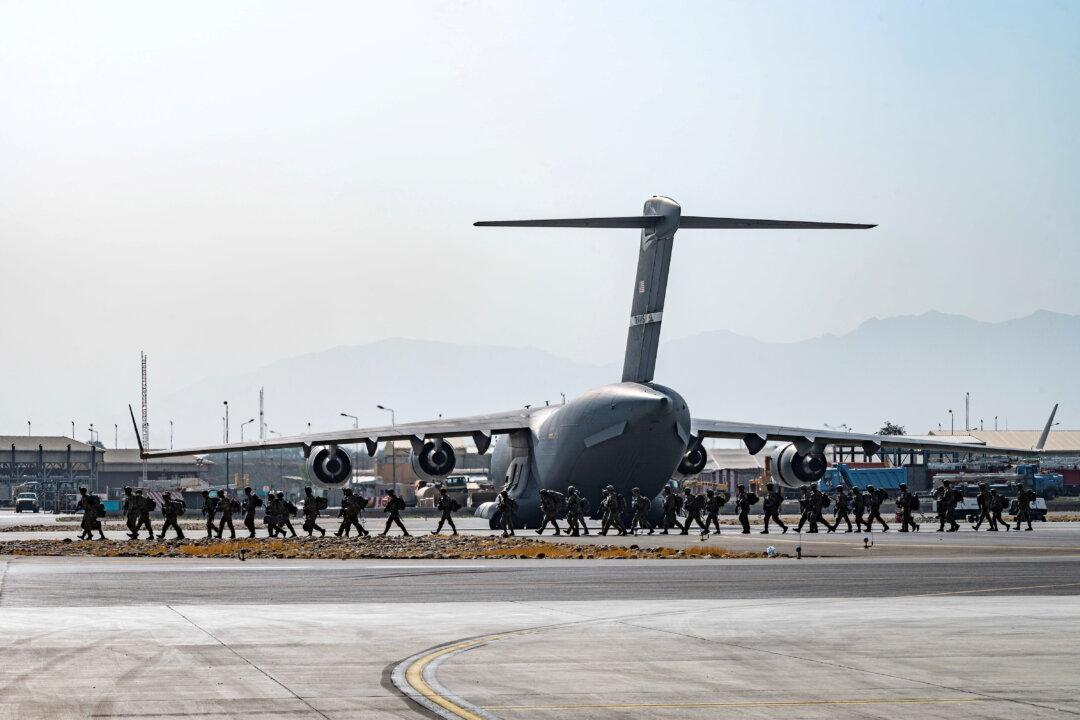Commentary
The attack on 9/11 that killed almost 3,000 people in New York was a surprise to U.S. intelligence. Likewise, the rapid fall of Afghanistan over the last weeks has been a surprise, to the point where the United States and G7 allies, who meet Tuesday to discuss Afghanistan, are dependent upon Chinese, Russian, and Taliban largesse in order to continue Kabul’s evacuation. Surprise and dependency, in war as elsewhere, leads to failure.





